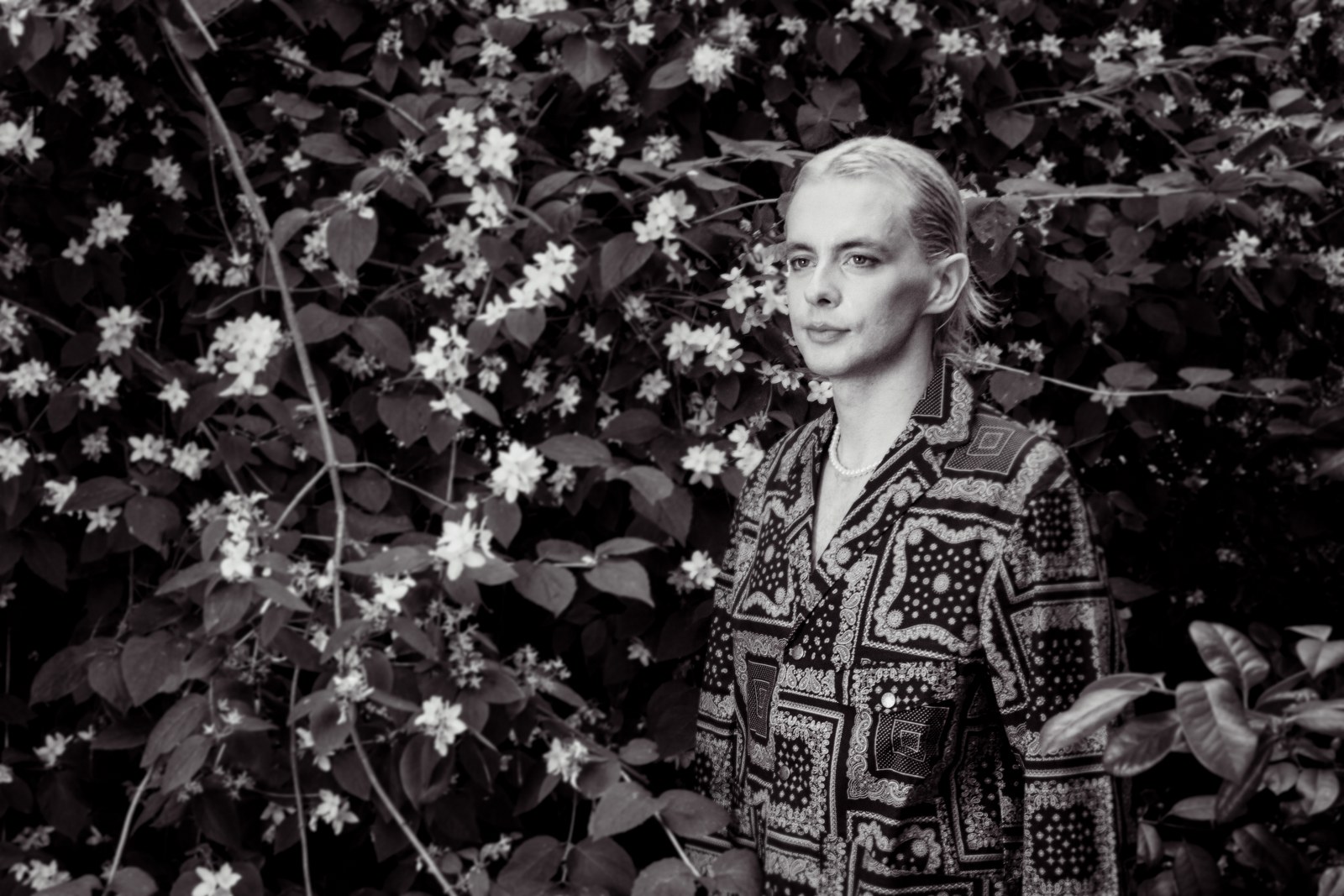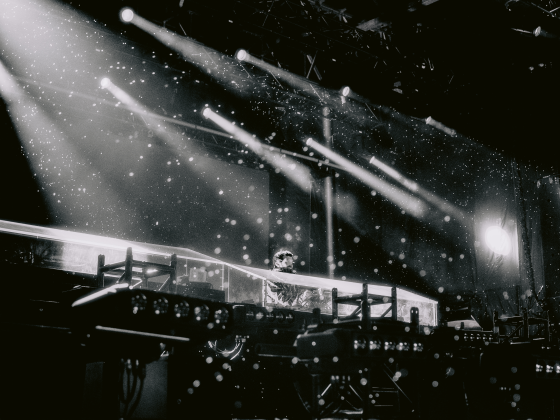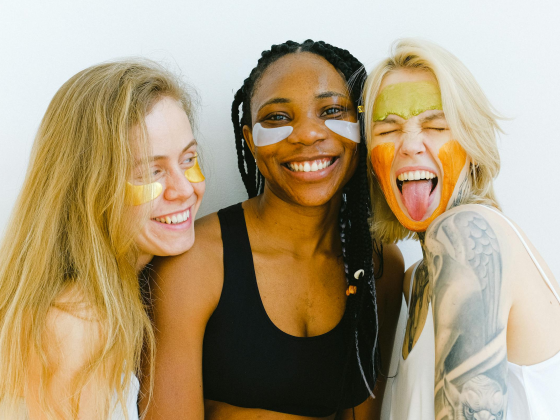Cormac Todd’s Positive Blend of Pop
In today’s saturated music industry, many artists are vying for their place on our playlists and radio airwaves. To be successful it requires exceptional talent, creativity, drive, business acumen and a sound that transcends all others. Irish artist Cormac Todd has these elements in abundance, but what makes him truly shine is his positive take on life and his desire to share, entertain and empower his audience with this uplifting energy. Flanelle recently enjoyed watching him perform in a small acoustic venue on London Bridge. From his first note, his pride in representing his LGBTQ+ community was undeniable. His Irish roots were also laid bare with a smile as infectious as his sound. Cormac Todd’s music is a blend of uplifting pop underlined by meaningful sentiments that give prominence to his work against a sea of songwriters and musicians whose sound and messages often feel superficial.
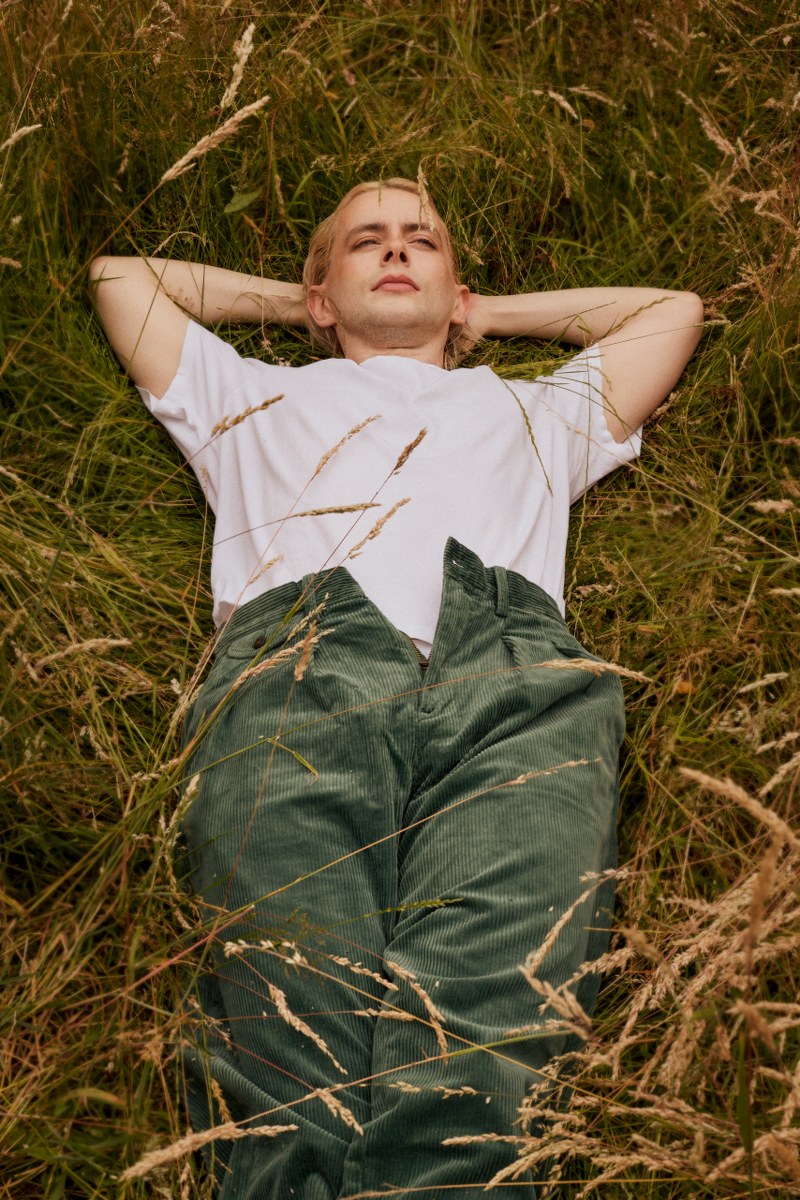
Talking to Cormac, it’s apparent he’s not only incredibly empathic and driven; he has a clear vision for his career and the energy to match. He’s constantly on the move in studios or performing and writing for a roster of artists with endless energy and creative ideas. Previous releases follow his inspirative ethos with tracks including Lifeboat, an uplifting pop track centred on universal themes of community, friendship and unconditional love, and Confessions, which focuses on themes of healing, lost friendship, and amicable goodbyes. These bittersweet tracks were co-written when Cormac felt disconnected from his home in Ireland but also hopeful for what the future would bring.
That unending drive has brought fruition to several upcoming projects for Cormac. He recently collaborated with Swedish EDM producers Behmer and Amberlind on a song submitted for consideration for this year’s Irish Eurovision entry. The song is about Irish Pride, and the team is excited to unveil it shortly.
For the last two years, Cormac has been teaching and singing with live crowds, his empowering mantra ‘Gone oh I’m Gone, I’m moving on’ from his upcoming single ‘Don’t Call me when I’m Famous’. He is super excited to share that fans can steam this tune on all music platforms before the year is out! He is also proud to announce his new weekly Monday radio show, ‘Good Vibes Pop’ on Islington Radio. This one-hour segment will feature Cormac’s favourite upbeat songs and interviews with inspirational people who positively impact modern music and culture.
Flanelle caught up with Cormac recently to delve deeper into his craft, his upcoming projects, and his aspirations for the future.
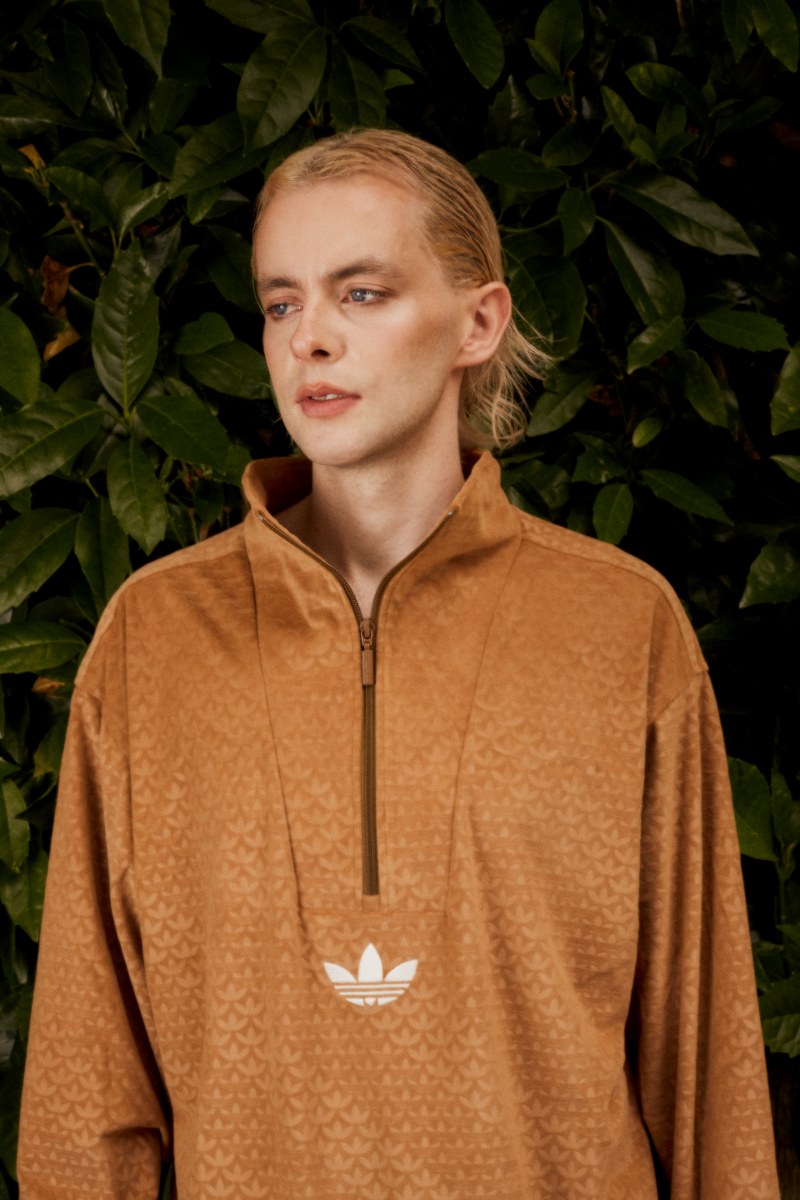
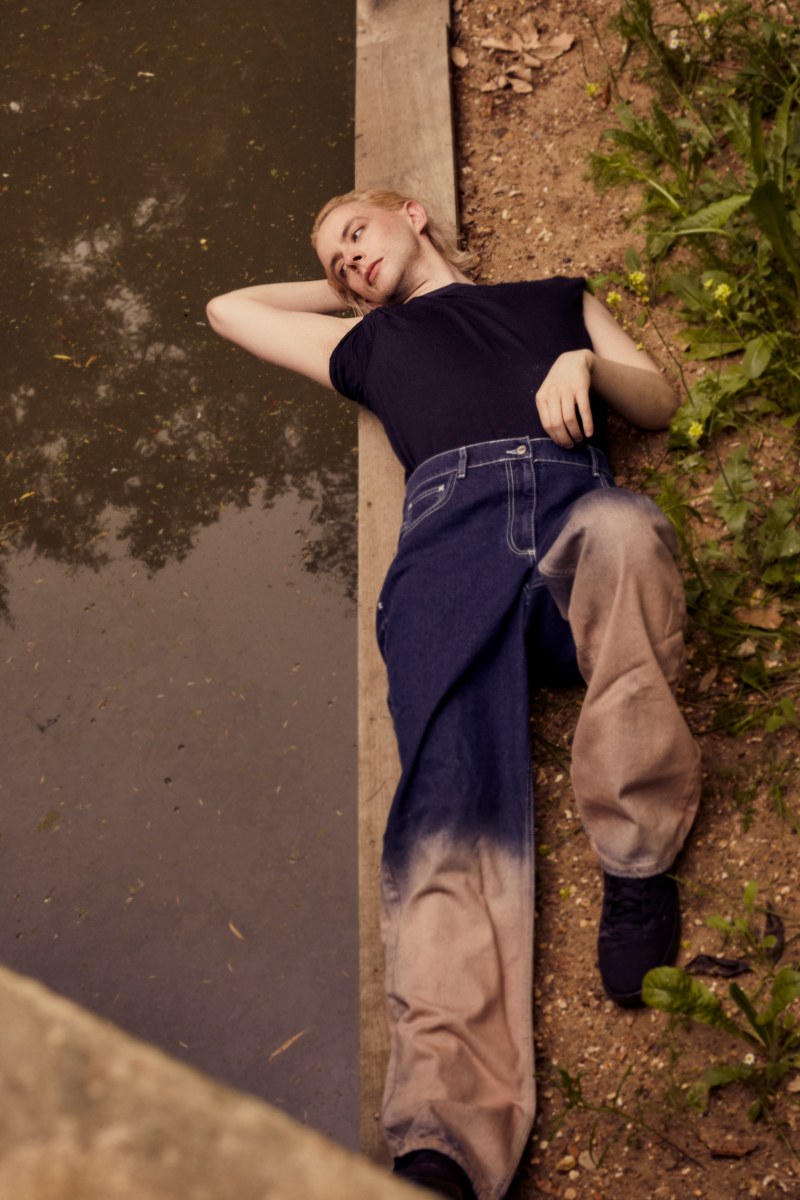
When did you decide to be a musician, and what influenced this decision?
I started in stage school when I was seven and dabbled in music my entire life. I’ve been singing since I could talk; it was a great sense of escapism in school. I began to pursue music professionally about four years ago after watching Beyoncé’s Coachella performance. I bought a keyboard, started recording singing videos and posted them on Instagram just before the pandemic. Through this medium, an artist development collective contacted me to offer some coaching, which I greatly appreciated. It’s been a knock-on effect since then.
How would you describe your sound, and what made you choose this genre?
I would say that my music is for people trying to find their voice and step into their power. I am drawn to this type of pop music, having grown up listening to powerful and inspiring pop musicians like Beyoncé and P!nk. This music reflects my beliefs about standing up for people in society and building a solid community of people who believe in themselves.
What are some of the favourite tracks that you have produced and why?
My first single, Lifeboat, is one of my favourites because I got to create it with a great mentor named Pete Smith. He has worked with many hard hitters in the industry, such as Bob Marley, Sheryl Crowe, and Sting, so it was a great honour to learn from him and his amazing experiences. I also have a song, Don’t Call Me When I’m Famous, about manifestation and believing in yourself. I love performing it live because I get to teach everybody the leading hook, and we all sing it to each other. It’s always a great time, and I’m excited to release this track in December.
As a member of the LGBTQ+ community, have you had any challenges, and what changes would you like to see?
I do feel that anyone outside the norm always feels a sense of being different, so that was a challenge initially. I have learned to love myself, embrace who I truly am, and use my music and experiences to challenge societal norms. At times, it has been challenging because you have an extra layer of difference that you bring with you when you come into the room. So, it’s about learning to be proud of that and lifting people who do and don’t look like you in the process. Connecting with other minority groups ensures space for us in the industry because if we look at the stats in the UK and Ireland, most musicians are of a specific profile. Historically, there hasn’t been a lot of space for women, LGBTQ+ and people of colour, which needs to change.
Which tracks by other artists have resonated with you and influenced your work?
Hide and Seek by Imogen Heap was big for me because it is a commitment to artistry. She really constructs the whole song with vocals and a little backing, and it’s very innovative. I love projects that push boundaries. I enjoy anything by Labyrinth as his work is always expertly crafted, with a pristine attention to detail. I enjoy Frank Ocean for his phenomenal songcraft, and anything by Stevie Nicks is always a treat! These people have all been pioneers and innovators, socially and creatively, which resonates with me.
If you could work with one other artist or producer, who would it be?
I would love to get into a room with Labyrinth. I love his commitment to his craft and how he nails the genre of powerful pop. Writing with Frank Ocean would also be a dream; he takes influences from classical pop and R&B to create something truly unique.
What’s the highlight of your career so far?
It was really exciting to sign my record deal last summer, and I got to play at Bush Hall in White City to over 2000 people. Some great artists have played there before, so it was truly surreal to step on that stage. I also had the pleasure of performing at my first London Fashion Week this year for the wonderful queer designer Ray Chu as he showcased his innovative designs to the London fashion community.
What’s the best piece of advice that you have received so far in your career?
It was from my vocal teacher Irene Dunne, owner of vocal coaching service ID Vocals. She is an amazing vocal coach and has given me great life advice. When I started my career, she said to always maintain your credibility through having a defined set of beliefs and morals. This is a concept I firmly believe in.
How does one stand out in today’s industry?
Sticking to your beliefs, being authentic and not trying to please people. It is important to be authentic to your intuition, treat people well and work on your craft constantly. I think it’s essential that the music comes first. You can get caught up in getting external validation trying to get the coolest photos or get on the guestlist to an ‘exclusive’ event to seem hot. But for me to be a successful music artist, I need to be in the studio working on my craft and out singing live. The music comes first.
When writing for yourself and other artists – what’s your process?
I usually write with the Golden Thread in mind. Meaning I like to have a consistent key theme throughout my song. For instance, my single Lifeboat has an aquatic theme, but it’s a metaphor for being there for someone you love, and it’s about keeping that message throughout. Sometimes I’ll get a melody in my head, and sometimes I’ll get lyrics. It depends, but it’s always when I am on the go, so once I am home in my studio, I will piece it together over time. I also love to collaborate, and when you are in a room with loads of people, you get a totally different result than when you are in a room by yourself. It’s a great experience to collaborate in general. When you are writing for someone else, you have to think about their style and research their genre so that you can co-create something perfect for them. It’s important to be flexible.
Do you prefer the studio or live audience?
That’s a really hard one. I do love the studio. My first love is songwriting. I love coming into the studio, crafting a song with someone, singing it live, and seeing how it affects people. That’s the beauty of live. I have had people come up to me and say they felt very emotional after hearing a song. So that’s very gratifying also.
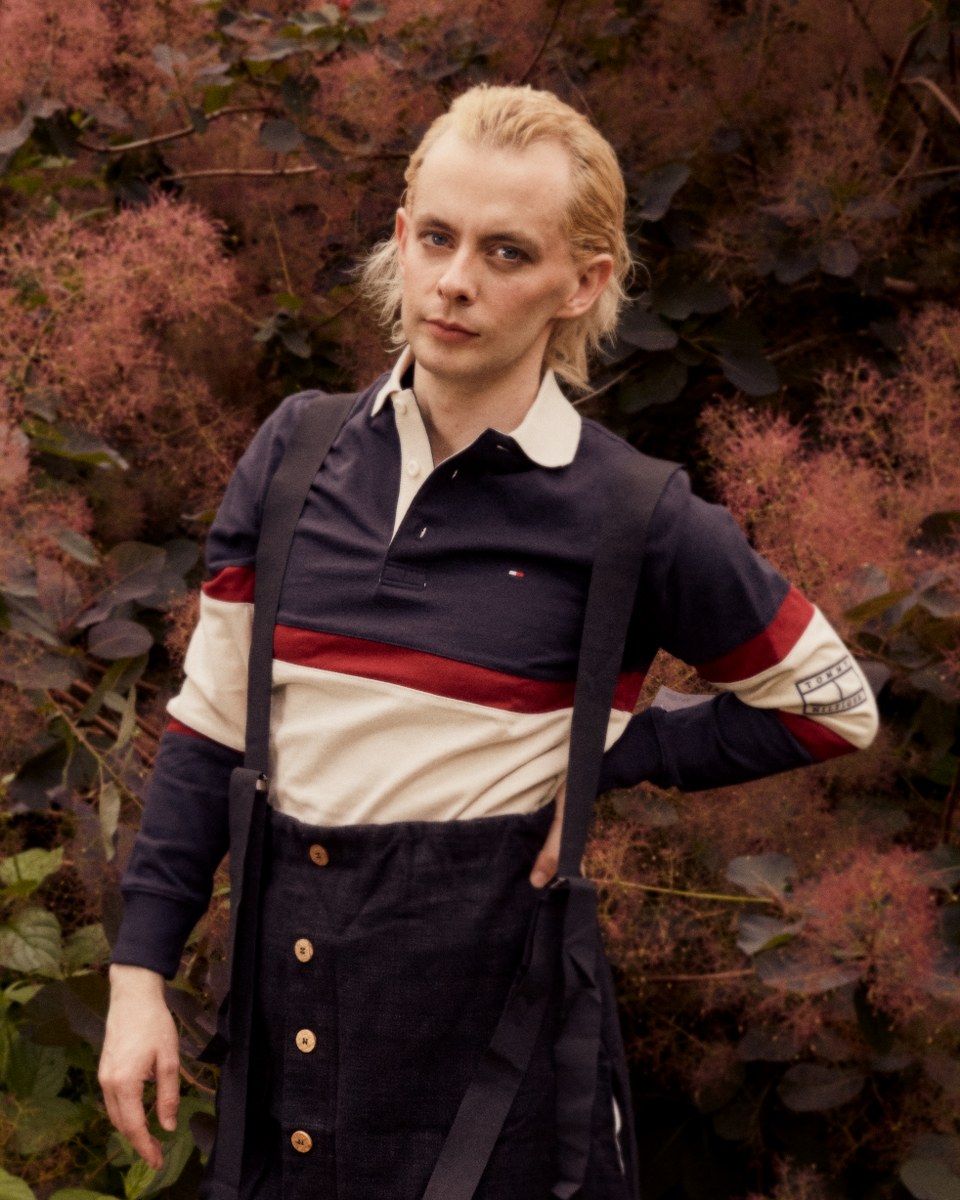
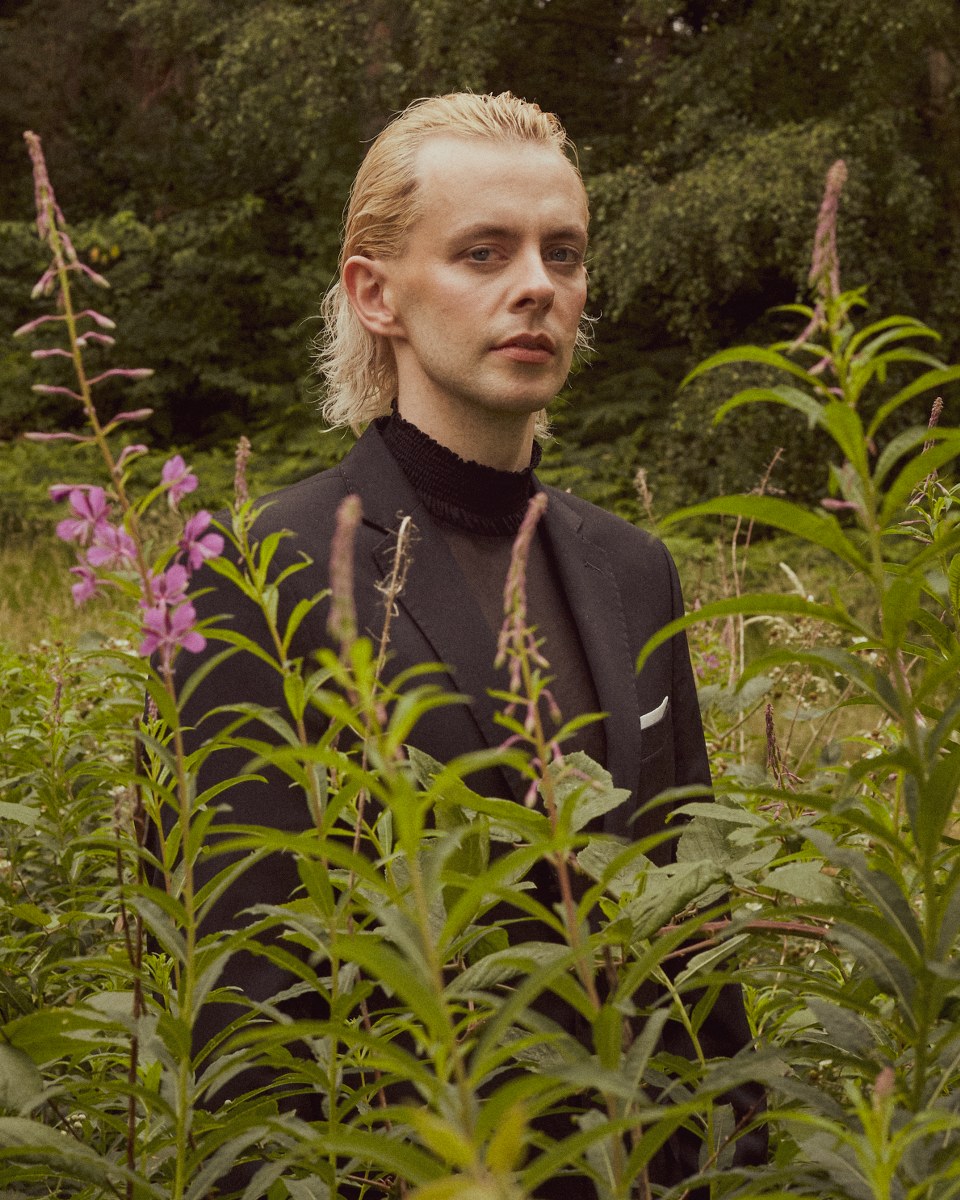
We listened to a podcast recently about how the structures of songs have changed with earlier hooks to capture our short attention spans. What are your thoughts on the changing face of songs, and how does it influence your work?
This has been an issue because people have been writing for algorithms and quick popcorn moments, so you are seeing a lot less financial development from labels in people’s artistry now. It’s generally expected that you’ll turn up ready, so there’s less artist development happening these days. We aren’t getting the same level of superstars that we used to, but we are still seeing well-crafted songs. Though some of the songs written for algorithms don’t seem to go the distance like some of the greats, many TikTok artists from 2021 have been dropped from their label deals after one or two single releases. It all depends on what you want out of your music career. There’s no right and wrong, but there are lots of contradictions. The rise of social media has had a tremendous impact on the music industry in a positive and negative way. Music creators have more accessibility to realising their dreams. Still, I also feel we must be careful to protect our unique cultures and not fall into a state of homogeny so that everything sounds the same. For instance, when I first started, someone told me I should change my accent, which I am totally against. It’s important to represent where you are from, but you hear many artists from the UK and Europe that sound American these days. It’s important to stay authentic and focus on the art and not pleasing everybody. Use your intuition, and it will stand out. I think the algorithms need to be considered, and sometimes catering to them is hard to avoid. But I think it’s all about balance and finding people who love what you do.
What are your aspirations moving forward?
To build up my artist platform and career as a songwriter and to use this platform to create a space for diverse artists.
The striking thing about Cormac Todd is his clarity of sound and vision, the sense that he is in command of his creativity and musical destiny. He propels himself as he continues to cut a path, make a name for himself in the industry, and lift others in the process, whether it’s fellow artists who are lucky enough to have him write their next song or just those lucky enough to hear his music – all of it, with that authenticity and infectious smile, will carry him far.
Cormac’s long-awaited live favourite, ‘Don’t Call Me When I’m Famous’, a song about manifestation, self-belief, and positive affirmations, will be released on December 22nd, 2023.
You can find Cormac on Spotify, TikTok, Instagram, and YouTube. He also has several gigs upcoming in London and Dublin over the winter season, so check out Instagram for more info.
Image Credits :
Photography and Art Direction by Dipu Mollah @dipus_photography.raw
Styling By Melania Peluso @_melania_peluso
HMUA by Babette vanderhaeghen @babs.haemakeup
Talent and Modeled by Cormac Todd @cormactoddmusic
Wardrobe: Ralh Lauren, Ninety Perfect, Gramicci, Adidas, Toogood, Levi’s, Puma, Moss Bross, Zara, Ted Baker, Gant, Clark’s, Tangerine, Marc Point, Tommy Hilfiger, Arket, Collusion, Nike, Comme Des Garcons, Matthew Miller, Untitled
